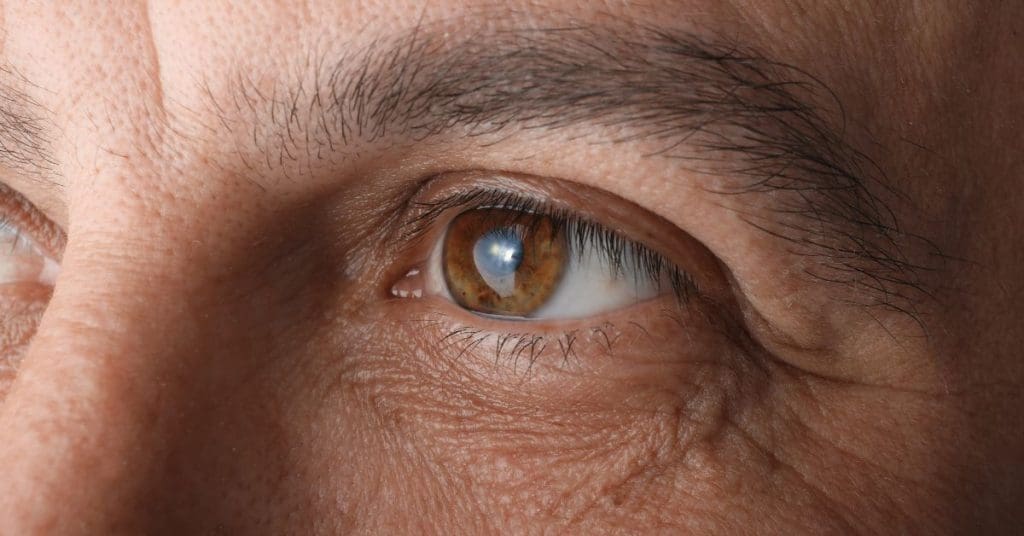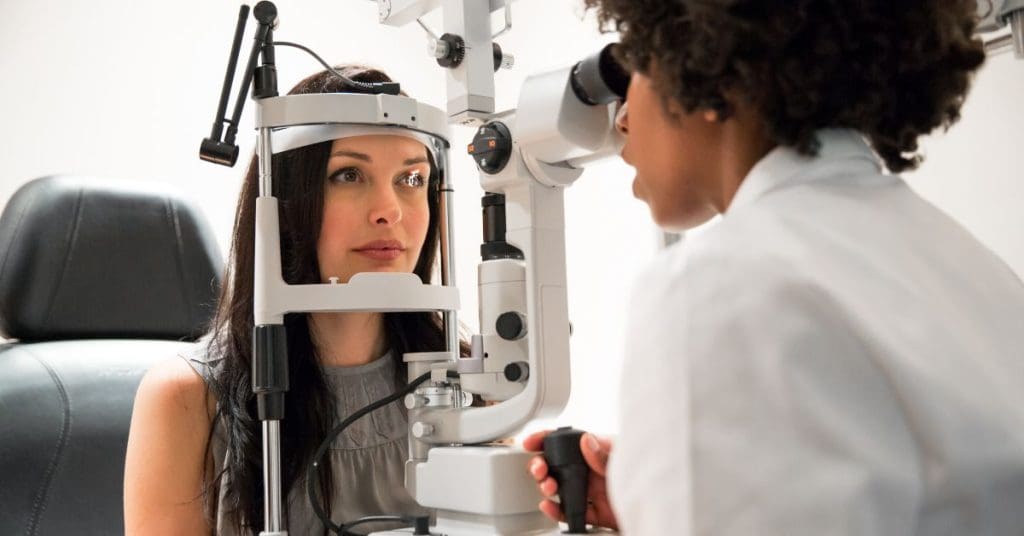What Are Cataracts?

Cataracts cause a cloudiness or fogginess in the eye lens. The condition affects millions of people each year. If left untreated, they can lead to vision loss, especially with age-related cataracts. However, they are typically treatable with early detection.
Understanding Cataracts
When a cataract is present, the lens – which is responsible for focusing light onto the retina – turns opaque and makes your vision cloudy.
Cataract Causes
Cataracts have many causes. The most common include:
- Aging – proteins break down and clump together
- Genetics – family history
- Lifestyle – smoking, excessive alcohol consumption, and UV exposure
- Medical conditions – diabetes and high blood pressure
Cataract Symptoms
- Blurry/cloudy vision
- Double vision
- Sensitivity to light
- Difficulty seeing at night
- Seeing halos around light
- Blindness
Types of Cataracts
- Congenital
- Cortical
- Nuclear
- Posterior subcapsular
Risk Factors for Developing Cataracts
Several factors increase the risk of developing cataracts:
- Genetic mutations
- Infections
- Eye trauma
- Smoking
- Unmanaged chronic diseases
Cataract Diagnosis
Identifying cataracts requires comprehensive eye examinations, including:
- A visual acuity test
- Retinal exam
- Slit lamp exam
- Tonometry
- A dilated pupil exam

Cataract Treatment Options
In the early stages, cataracts can be managed with prescription eyeglasses or contact lenses. If your eye problems worsen, eye surgery may be necessary.
How to Prevent Cataracts
Adopting a healthy lifestyle can potentially delay the onset. Some other proactive measures include regular eye check-ups, wearing sunglasses, maintaining a balanced diet, and quitting smoking.
To take control of your eye health, start by scheduling an eye exam. Contact The Eye Center, with locations in Huntsville and Madison, at (256) 705-3937 to make your appointment.
